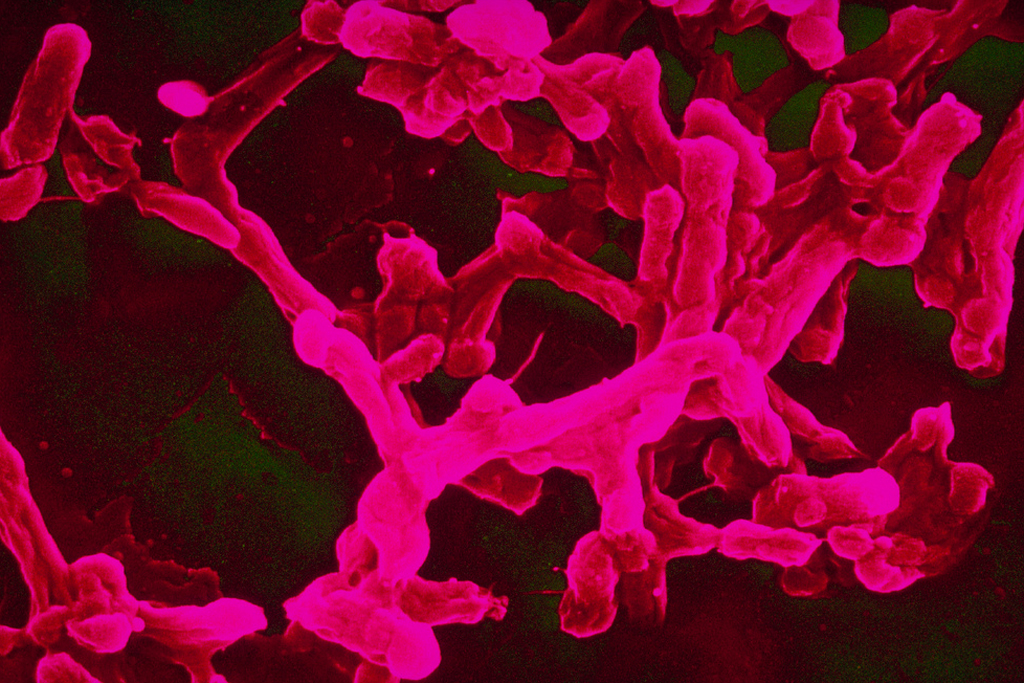Reflection: Eradicating Diseases to Restore God's Reputation
WCIU Journal: Health and Disease Topic
March 26, 2019
by Ralph D. Winter
Excerpts from :
• “The Delayed Education of Ralph D. Winter,” Frontiers in Mission, 349.
Missiologist-historian Ralph Winter was the founder of the U.S. Center for World Mission (now known as Frontier Ventures) and William Carey International University. He died in 2009 from multiple myeloma, one of the diseases he was challenging people to eradicate.
• “Losing Faith—A Partial Response,” Editorial Reflections, IJFM 23:1 Spring 2006.
There are two significant barriers to Christian belief: the rampant suffering, violence, and evil in this world as if there is no Satan behind it, and a Bible that is thought to have feet of clay, beginning with Genesis 1. Both of these obstacles to belief can be dealt with in an unusual way: a brief scenario that attempts conjecturally to interpret Genesis 1 in such a way as not to conflict with the latest scientific views. Most of all, it highlights a strikingly new dimension in the definition of Christian mission.
I am thinking more and more of the possibility that the lengthy “geologic ages” occurred before Genesis 1:1, and that no matter what you think about all those vicious animal fossils that have been dug up, you can’t interpret the non-carnivorous life described in Genesis 1 to be the same thing. Most people unthinkingly assume that way back when Genesis was written there was knowledge of a planet, solar system, galaxy, and indeed an entire universe and that precisely the beginning of all that is what is being referred to in Genesis 1:1. Certainly it is easy for us unthinkingly to read our knowledge today into something that was put together several thousand years ago.
This “new creation” concept allows for both young earth and old earth views to be true. But there is something else that is the thing most important for me. If the thousands of forms of life that are now extinct lived before Genesis 1, their pervasively violent, perverted, distorted, carnivorous, predatory character could then be conceived to be the evil work of Satan and his rebel angels after his “fall.” This more concrete idea of a first fall would suggest that the second “fall,” that of Adam, resulted in the rejection of the newly created, undistorted life forms of Genesis chapter one, forcing them out of the Garden of Eden, into the larger planet where they would interbreed and intermarry with the long-perverted other forms of life. Result? A gradual reversion to the pre-Genesis perversity and viciousness that were the result of Satan’s earlier fall. This then provides a rationale for the need for God’s new beginning described in Genesis.
For me, then, this would define a much more complex mission for redeemed man: to destroy the works of Satan. Since God is extensively blamed and his glory stained by common assumptions that there is no Satan, and all evil is God’s “mysterious will,” our mission is to “re-glorify” God. We can do this by seeking, in his name, to restore to God’s original intention, where possible, Satan’s perversions in all forms of life. This includes participating in serious efforts to eradicate diseases caused by viruses, many bacteria, and most parasites. This kind of activity would seem to be highly crucial in restoring the reputation of God, who is now being blamed for all sorts of evil. This basic type of amplification of mission can uniquely empower evangelism.


